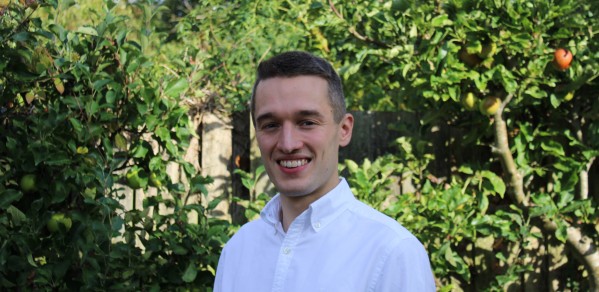
Hugh Thomas has won the John Winbolt Prize for his paper, 'Can sharing car trips deliver meaningful emissions savings? The case of Great Britain' published in the journal Applied Energy.
I am delighted that our research on trip sharing has been awarded the John Winbolt prize. I am very grateful to my co-author Dr André Cabrera Serrenho.
Hugh Thomas
Hugh summarises the paper below.
"The paper investigates whether trip sharing (carpooling) could be a useful strategy for reducing emissions from car travel. On one hand, trip sharing can reduce the number of cars on the road. However, it can mean the cars left on the road have to travel further as they make detours to pick up additional passengers. Our work tries to quantify this trade-off and determine the conditions under which trip sharing is beneficial for reducing emissions and energy use.
"We did this by simulating car travel in Great Britain and developing a clustering algorithm to identify trips with similar timings and routes that could be made using a shared vehicle. Overall, we found that trip sharing can only deliver limited emissions savings. Emissions from cars and taxis can be reduced by around 11%, but this can only be achieved when the entire population is willing and able to participate, change the timings of their trips by up to an hour and accept detours of up to 6km around their origin and destination."
The John Winbolt prize is awarded for a paper on a subject, selected by the candidate, that is related to the profession of a civil engineer. All subjects studied for Part IIA and Part IIB of the Engineering Tripos are considered to be related to the profession of a civil engineer for this purpose. The paper must have been accepted for publication in an established or learned journal. Graduate students wishing to apply for the John Winbolt prize for 2026 can find out more here.

